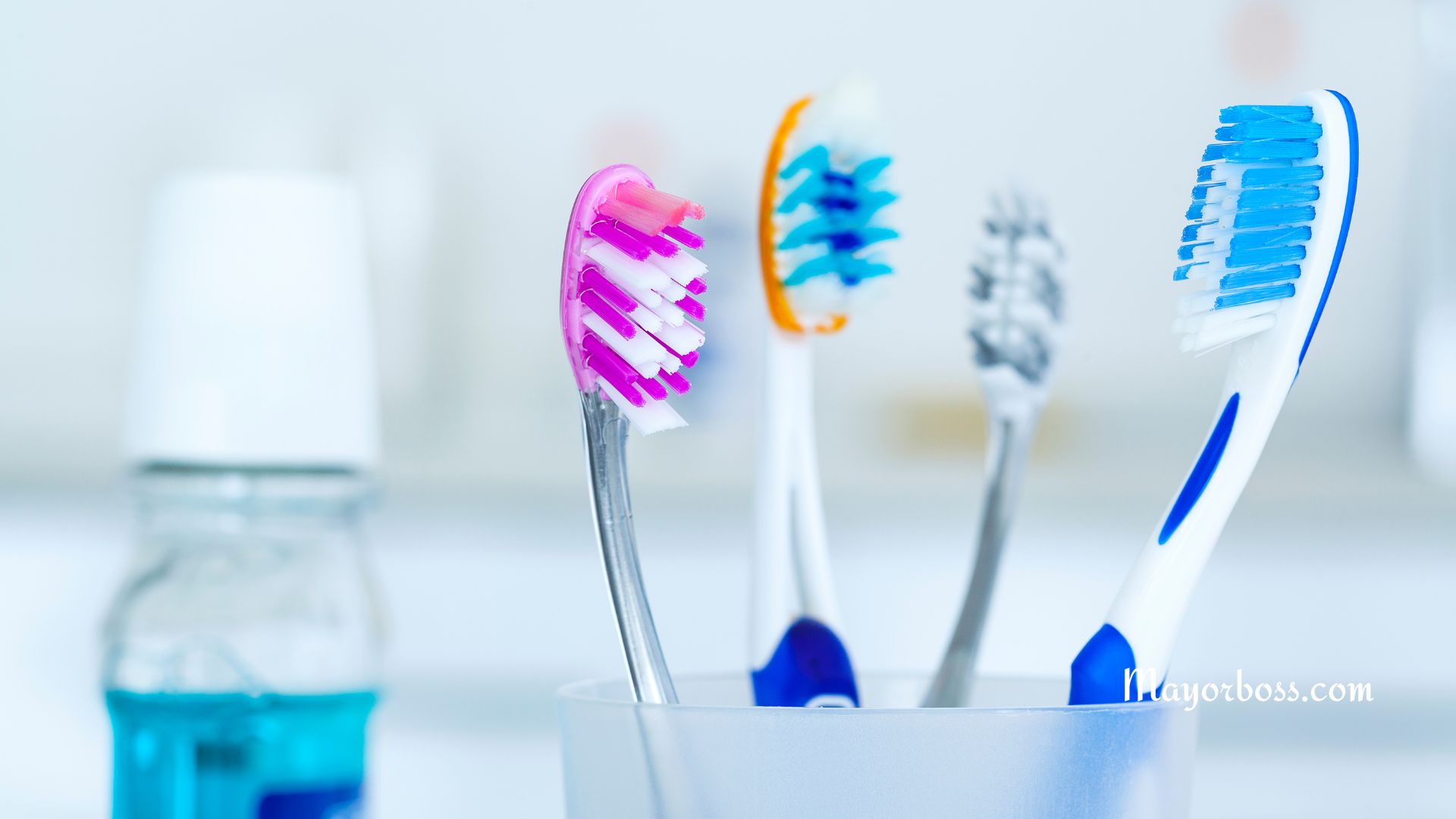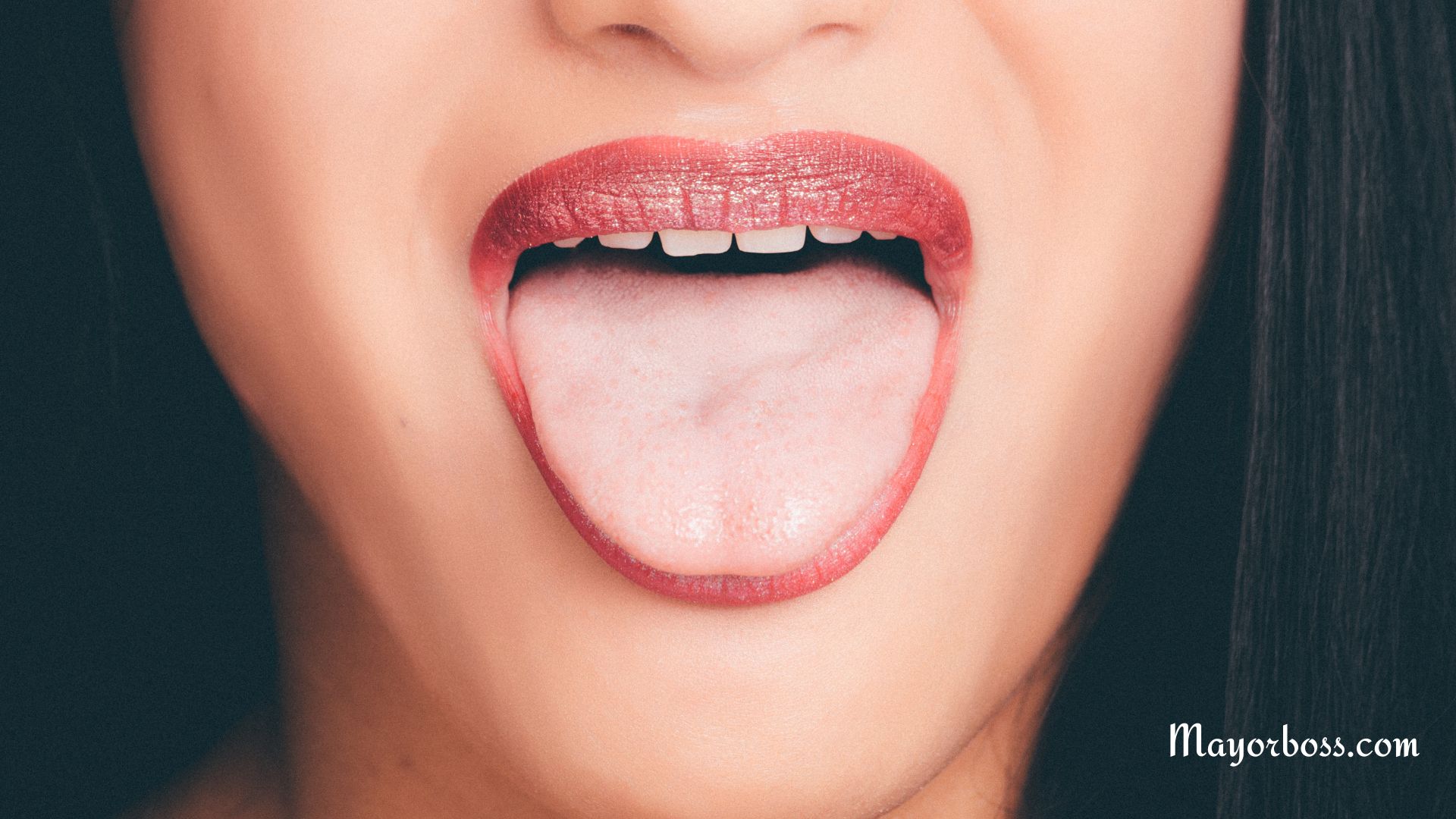Foods That Cause Bad Breath and How to Get Rid of It
Bad breath, also known as halitosis, can sometimes be traced back to the foods you eat. Common offenders include garlic, onions, and certain fish. Fortunately, there are several effective ways to combat this issue, ranging from mouth rinses to adjusting your diet.

Foods Known to Cause Bad Breath
Garlic and Onions
Both garlic and onions contain sulfur compounds. When you consume them, these compounds enter your bloodstream and eventually make their way to your lungs, causing an unpleasant odor when you exhale.
Fish
Fish like tuna and mackerel contain oils that can lead to bad breath. These oils are broken down in your stomach and then released in your breath.
Dairy Products
Although dairy products are a sumptuous source of calcium, they can also cause bad breath. This is because bacteria in your mouth break down the proteins in milk and cheese, resulting in a foul smell.
Coffee and Alcohol
Both coffee and alcohol can dry out your mouth, creating an environment where bacteria thrive. The less saliva you have, the less your mouth can naturally clean itself, making bad breath more likely.
Spices
Certain spices, such as curry, can also linger in your mouth and contribute to bad breath.
Quick Fixes: How to Freshen Your Breath Immediately
Chewing Gum and Mints
Chewing gum and mints can temporarily mask bad breath. Go for sugar-free options to avoid contributing to tooth decay.
Drink Water
Drinking water can help to cleanse your mouth and reduce the concentration of bacteria that cause bad breath. So, when you’re eating foods that are known to cause bad breath, make sure to sip water throughout your meal.
Mouth Rinse
Using a mouth rinse can kill bacteria and mask bad breath temporarily. Opt for a rinse that contains antibacterial agents for a longer-lasting effect.
Long-Term Solutions: Lifestyle Changes for Better Breath
Adjust Your Diet
Limiting the intake of foods that cause bad breath can be an effective long-term solution. You don’t have to eliminate these foods completely but try to consume them in moderation.
Regular Dental Check-ups
Regular visits to the dentist can help you maintain good oral hygiene, which is crucial for avoiding bad breath. During these visits, you can get professional cleanings that remove plaque and tartar, thus reducing mouth odor.
Oral Hygiene Routine
Brushing twice a day and flossing at least once can help remove food particles and bacteria that contribute to bad breath. Don’t forget to brush your tongue as well, as it can harbor bacteria.
Chew Fresh Herbs
Chewing herbs like parsley, mint, or basil after eating can help neutralize bad breath. These herbs have strong scents that can mask offensive odors, and they also contain natural oils that combat bacteria.
When to Seek Professional Help
If bad breath persists despite trying these methods, it could be a sign of an underlying health issue such as gum disease or digestive problems. In this case, consult a dentist or doctor.






